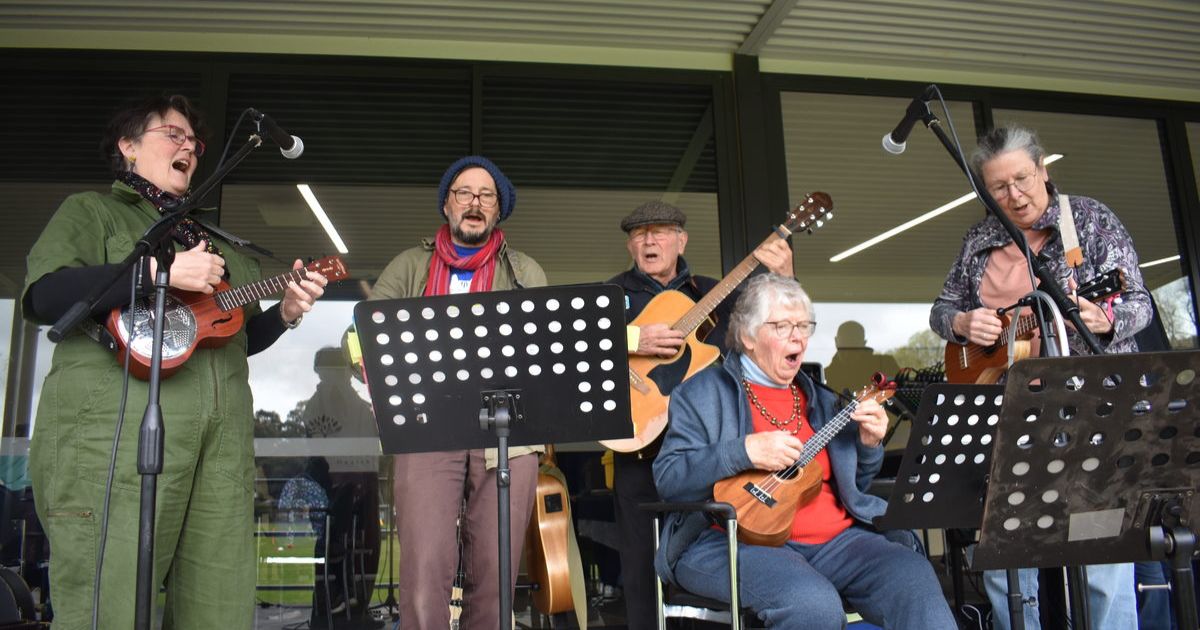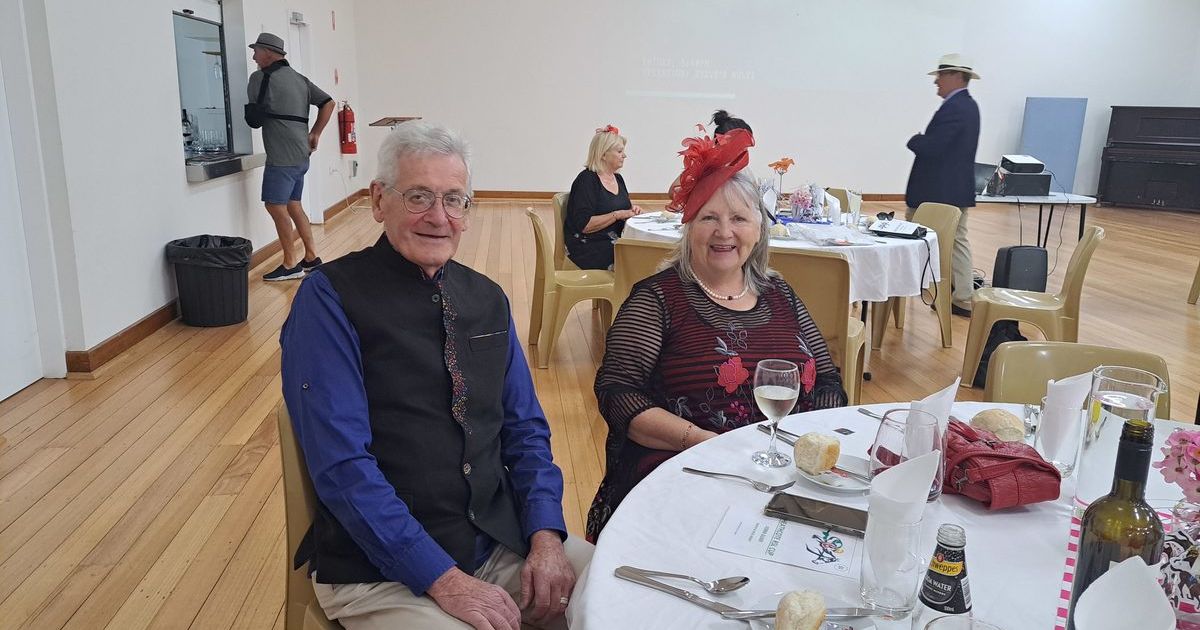Red and white growers aim to go greener

Group effort: Heathcote Winegrowers Association vice-president, and winemaker at Vinea Marson, Madeleine Marson has helped announce two new HWA sustainability initiatives. Photo: FILE
THE Heathcote Winegrowers Association has announced a pair of efforts to improve members’ environmental sustainability efforts.
As part of the push, 20 vineyards and wineries from the region will take part in a research program run by Australian Wine Research Institute called Sustainable Winegrowing Australia.
The six-month data gathering and research exercise will seek to examine environmental, economic, and social sustainability within HWA members’ operations.
At the same time more than $278,000 from Sustainability Victoria’s Circular Economy Markets Fund will be used to establish a program called Turning Green Waste into Wine.
It’ll see six HWA member vineyards gain access to compost spreading equipment with the aim of increasing winemakers use of the organic waste in production.
“It’s an exciting time in the region to bring together grape growers and winemakers to share their experiences in the multifaceted and complex area of sustainability,” said HWA vice-president Madeleine Marson.
“The Sustainable Winegrowing Australia program will allow us to work together to strengthen our individual and collective efforts to not only protect and improve the health of our vineyards and soils, but also to gain greater knowledge of where and how our footprint can be improved in our supply chains and use of resources.
“We look forward to sharing our findings with our community, customers, and wine industry more broadly.”
As part of the Turning Green Waste into Wine program, smaller producers will gain access to compost spreading machines that might otherwise be hard to obtain.
HWA viticulture lead and owner of Humis Vineyard, Hugh Jones, said both project would have impacts beyond local cellar doors.
“Through HWA’s involvement in both the Sustainable Winegrowing and the Circular Economy Organics programs, we are excited to be playing our part in the encouragement of sustainable land use practice and in turn promotion of conservation and restoration of native biodiversity to the Heathcote Wine Region,” he said.
“Although the remit of the Green Waste into Wine program is to assist in lowering the barriers to adoption of green waste products, we believe a greater value to this work will be seen in future collaboration between HWA and our partner organisation CLAPIC [Cornella Local Area Plan Implementation Committee] and other supporting organisations such as Landcare and Goulburn Broken Catchment Management Authority.”

















